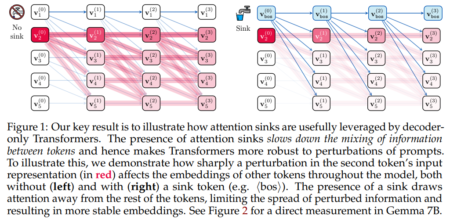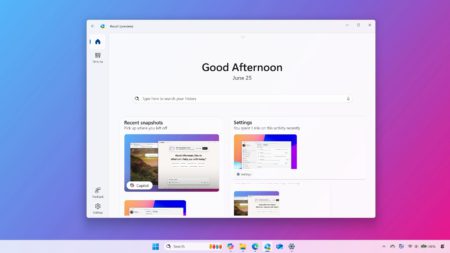Search
News & Updates
CVE ID : CVE-2025-23968
Published : July 3, 2025, 7:15 p.m. | 4 hours, 5 minutes ago
Description : Unrestricted Upload of File with Dangerous Type vulnerability in WPCenter AiBud WP allows Upload a Web Shell to a Web Server.This issue affects AiBud WP: from n/a through 1.8.5.
Severity: 9.1 | CRITICAL
Visit the link for more details, such as CVSS details, affected products, timeline, and more…
CVE ID : CVE-2025-34061
Published : July 3, 2025, 8:15 p.m. | 3 hours, 5 minutes ago
Description : A backdoor in PHPStudy versions 2016 through 2018 allows unauthenticated remote attackers to execute arbitrary PHP code on affected installations. The backdoor listens for base64-encoded PHP payloads in the Accept-Charset HTTP header of incoming requests, decodes and executes the payload without proper validation. This leads to remote code execution as the web server user, compromising the affected system.
Severity: 0.0 | NA
Visit the link for more details, such as CVSS details, affected products, timeline, and more…
CVE ID : CVE-2025-34082
Published : July 3, 2025, 8:15 p.m. | 3 hours, 5 minutes ago
Description : A command injection vulnerability exists in IGEL OS versions prior to 11.04.270 within the Secure Terminal and Secure Shadow services. The flaw arises due to improper input sanitization in the handling of specially crafted PROXYCMD commands on TCP ports 30022 and 5900. An unauthenticated attacker with network access to a vulnerable device can inject arbitrary commands, leading to remote code execution with elevated privileges.
NOTE: IGEL OS v10.x has reached end-of-life (EOL) status.
Severity: 0.0 | NA
Visit the link for more details, such as CVSS details, affected products, timeline, and more…
CVE ID : CVE-2025-34086
Published : July 3, 2025, 8:15 p.m. | 3 hours, 5 minutes ago
Description : Bolt CMS versions 3.7.0 and earlier contain a chain of vulnerabilities that together allow an authenticated user to achieve remote code execution. A user with valid credentials can inject arbitrary PHP code into the displayname field of the user profile, which is rendered unsanitized in backend templates. The attacker can then list and rename cached session files via the /async/browse/cache/.sessions and /async/folder/rename endpoints. By renaming a .session file to a path under the publicly accessible /files/ directory with a .php extension, the attacker can turn the injected code into an executable web shell. Finally, the attacker triggers the payload via a crafted HTTP GET request to the rogue file.
NOTE: The vendor announced that Bolt 3 reached end-of-life after 31 December 2021.
Severity: 0.0 | NA
Visit the link for more details, such as CVSS details, affected products, timeline, and more…
Artificial Intelligence
The most capable model you can run on a single GPU or TPU. Source: Read…
Introducing Gemini Robotics and Gemini Robotics-ER, AI models designed for robots to understand, act and…
Native image output is available in Gemini 2.0 Flash for developers to experiment with in…
Training Diffusion Models with Reinforcement Learning We deployed 100 reinforcement learning (RL)-controlled cars into rush-hour…







